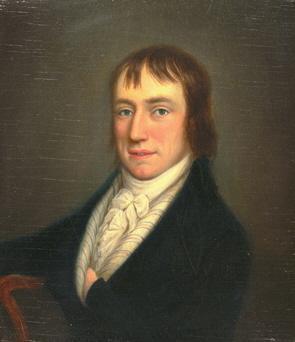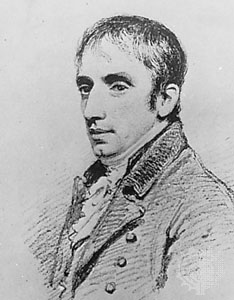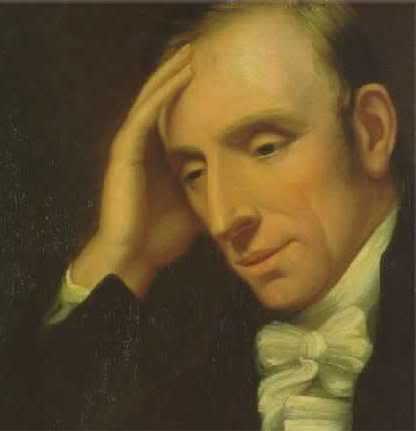Genesis 5.22-24:
22 And Enoch walked with God after he begat Methuselah three hundred years, and begat sons and daughters:
23 And all the days of Enoch were three hundred sixty and and five years:
24 And Enoch walked with God : and he was not; for God took him.
2 Kings 2.11
11 And it came to pass, as they still went on, and talked, that, behold, there appeared a chariot of fire, and horses of fire, and parted them [Elisha and Elijah] both asunder; and Elijah went up by a whirlwind into heaven.
|





